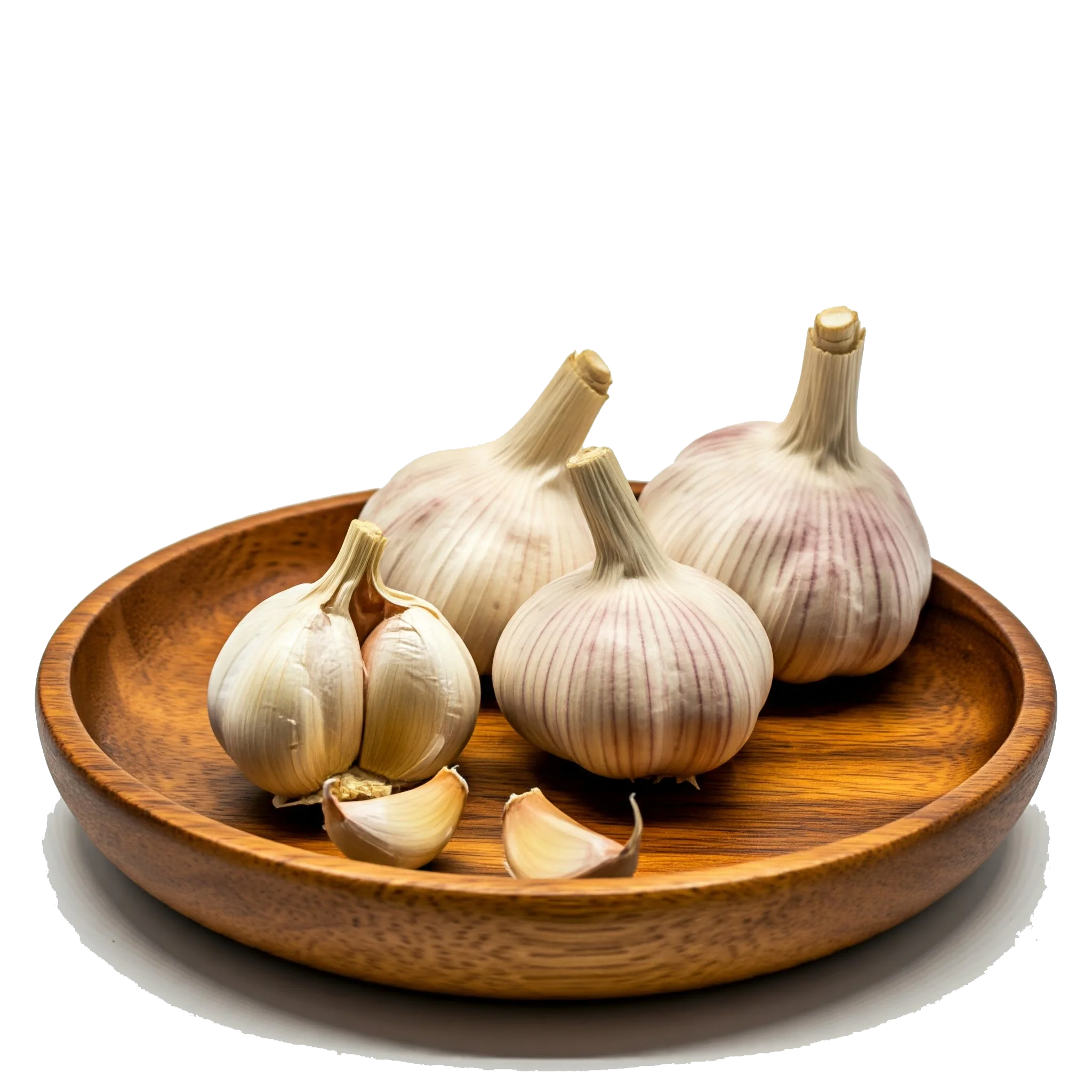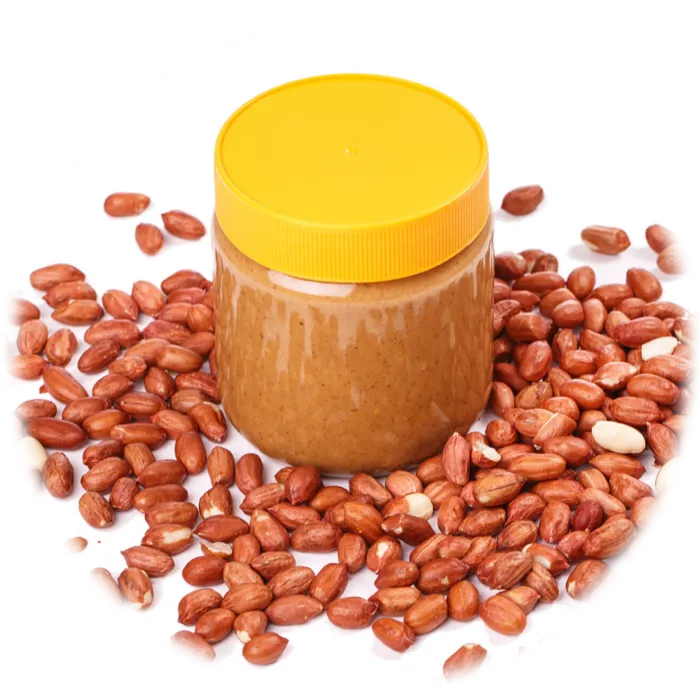

Top Health Benefits of Chicken Satay You Need to Know
Chicken Satay with Peanut Sauce is a nutrient-rich dish that offers an excellent balance of macronutrients, particularly high-quality protein from chicken, which supports muscle growth and repair. The inclusion of peanut sauce contributes heart-healthy fats, especially monounsaturated fats, which can aid in maintaining healthy cholesterol levels. The dish also provides key micronutrients such as B-vitamins (especially niacin and B6) from chicken, and magnesium, vitamin E, and potassium from peanuts. When made with fresh garlic, ginger, and turmeric, it introduces anti-inflammatory and immune-boosting compounds. If prepared with minimal added sugar and healthy oil options, it can also fit into a heart-conscious or low-carb dietary plan. While relatively energy-dense, the meal is filling and satisfying, which may help with portion control and appetite management.
 Chicken Breast : 500 g
Chicken Breast : 500 g Garlic : 2 clove
Garlic : 2 clove Ginger : 1 Tablespoon
Ginger : 1 Tablespoon Soy Sauce : 2 Tablespoon
Soy Sauce : 2 Tablespoon Sesame Oil : 1 Tablespoon
Sesame Oil : 1 Tablespoon Brown Sugar : 1 Tablespoon
Brown Sugar : 1 Tablespoon turmeric : 1/2 Teaspoon
turmeric : 1/2 Teaspoon Curry : 1/2 Teaspoon
Curry : 1/2 Teaspoon Salt : as needed
Salt : as needed black pepper : to taste
black pepper : to taste Peanut Oil : 4 Tablespoon
Peanut Oil : 4 Tablespoon coconut milk : 1 Cup
coconut milk : 1 Cup Soy Sauce : 1 Tablespoon
Soy Sauce : 1 Tablespoon Lemon Juice : 1 Tablespoon
Lemon Juice : 1 Tablespoon Honey : 1 Tablespoon
Honey : 1 Tablespoon Paprika : to taste
Paprika : to tasteRecipe :
Serves 4 people
Enjoy your flavorful and protein-rich Chicken Satay with creamy peanut sauce!
When preparing Chicken Satay, marinating the chicken is a crucial step that not only enhances flavor but also helps tenderize the meat, allowing the spices to infuse deeply. For best results, marinate for at least 1 hour, or overnight if possible. It's important to soak the bamboo skewers in water for at least 30 minutes before grilling to prevent burning. When grilling or pan-searing the satay, ensure the heat is medium-high to allow proper caramelization without drying the chicken. Keep the pieces uniform in size for even cooking. The peanut sauce should be gently simmered and not boiled to maintain its creamy texture—overheating can cause separation. Lastly, be mindful of hygiene when handling raw poultry and avoid cross-contamination by using separate utensils and cutting boards.

Chicken Satay with Peanut Sauce fits well into several dietary frameworks, but there are considerations to keep in mind. It is ideal for ketogenic, paleo, high-protein, and gluten-free diets, provided sugar and soy sauce are substituted with compliant alternatives (e.g., coconut aminos instead of soy sauce). For those on low-carb or diabetic-friendly diets, minimizing or omitting added sugars in the sauce is recommended. However, it is not suitable for vegan or vegetarian diets unless the chicken is replaced with plant-based protein like tofu or tempeh. While the dish can be adapted for Mediterranean or DASH diets, attention must be paid to sodium levels—especially from soy sauce and peanut butter—and healthier fats like olive oil may be preferred. Due to the high fat content from peanut sauce, those on low-calorie or low-fat diets should consume it in moderation or adjust portion sizes accordingly. Always consider ingredient quality and cooking methods to align with specific dietary goals.
...